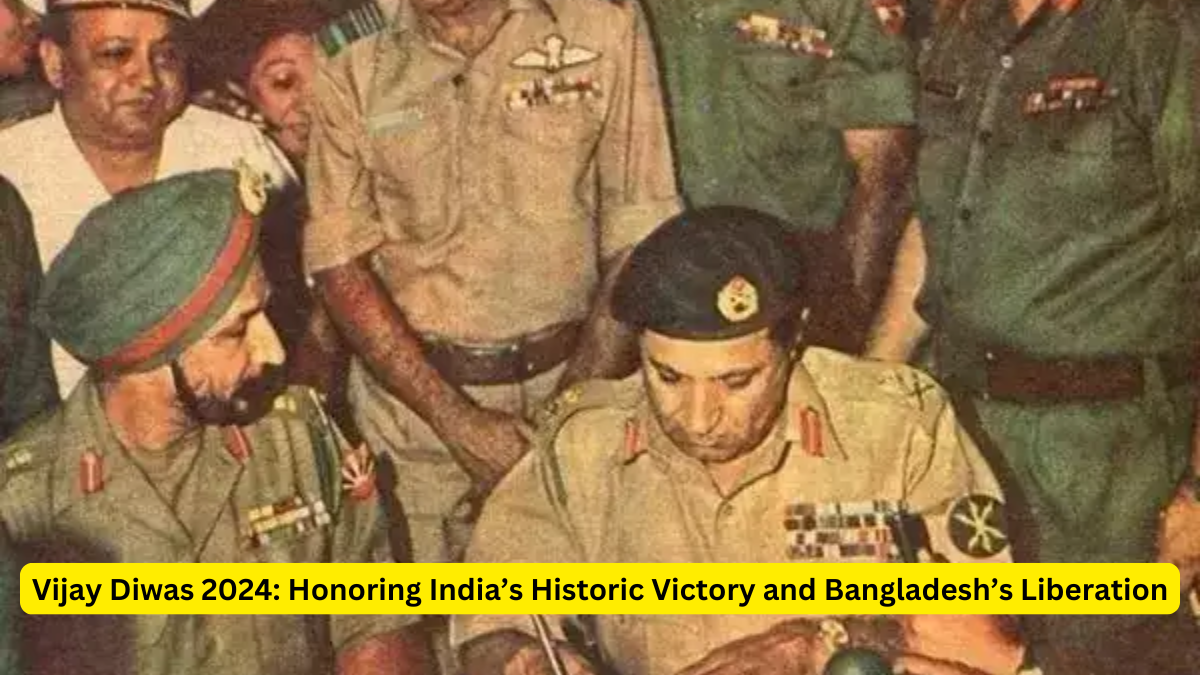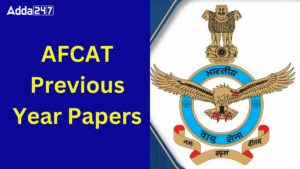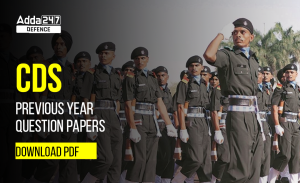Every year on 16 December, India celebrates Vijay Diwas to honor the remarkable victory over Pakistan in the 1971 war. This victory marked a significant achievement in India’s military history and led to the creation of Bangladesh, a new nation liberated from oppression. Vijay Diwas serves as a reminder of the courage, determination, and sacrifice of India’s armed forces.
The Background of the 1971 War
The roots of the 1971 war can be traced back to the political and humanitarian crisis in East Pakistan (now Bangladesh). For years, the people of East Pakistan faced discrimination, economic neglect, and political marginalization by the ruling West Pakistani government. This frustration reached its peak when the Pakistani military launched Operation Searchlight in March 1971, a brutal crackdown on civilians, intellectuals, and independence activists in East Pakistan.
The situation escalated into a refugee crisis as millions of people fled to India to escape violence and persecution. India, under the leadership of Prime Minister Indira Gandhi, decided to intervene, extending both humanitarian and military support to the people of East Pakistan.
The War and India’s Victory
The war officially began on 3 December, 1971, when Pakistan launched an attack on Indian air bases. In response, India swiftly mobilized its armed forces and launched a decisive counteroffensive. Over the next 13 days, Indian forces, in collaboration with Bangladesh’s Mukti Bahini (freedom fighters), dismantled Pakistani military strongholds.
The war culminated on 16 December, 1971, when Pakistani General Amir Abdullah Khan Niazi surrendered in Dhaka. Approximately 93,000 Pakistani troops laid down their arms, marking the largest military surrender since World War II. This historic victory not only ended the war but also paved the way for the formation of Bangladesh as an independent nation.
Vijay Diwas Significance
Honoring Sacrifice: Vijay Diwas pays tribute to the selfless bravery and sacrifices of the Indian armed forces who fought courageously to uphold justice and humanity.
Symbol of Freedom: For the people of Bangladesh, the day symbolizes liberation from years of oppression and the dawn of a new, independent era.
National Unity and Pride: Vijay Diwas instills a sense of patriotism, reminding every Indian of the importance of unity, strength, and the duty to protect freedom and sovereignty.
A Historic Achievement: The 1971 victory showcased India’s strategic and military strength, cementing its reputation as a regional power that stood up for justice and humanitarian values.
Vijay Diwas stands as a powerful testament to India’s commitment to justice, freedom, and humanity. It is not just a celebration of military victory but also a reflection of the nation’s resolve to stand against injustice. The day inspires every Indian to remember the sacrifices of the past and to remain vigilant in safeguarding the values of democracy and freedom. As India commemorates Vijay Diwas 2024, it is a moment to honor the legacy of our brave soldiers and celebrate the spirit of courage that continues to define the nation.



 AFCAT Eligibility Criteria and Age Limit...
AFCAT Eligibility Criteria and Age Limit...
 AFCAT Previous Year Papers, Download PDF
AFCAT Previous Year Papers, Download PDF
 CDS Previous Year Question Papers, Downl...
CDS Previous Year Question Papers, Downl...





